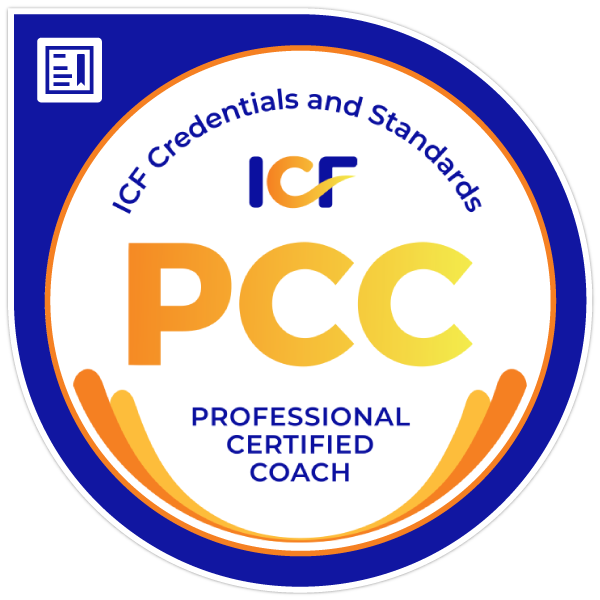Top Solutions to Combat Stress and Anxiety in Today's Fast-Paced World
With the rise of technology and the increasing demands of modern life, stress and anxiety have become a common problem for many people. According to Google Trends, searches for "stress relief" and "anxiety remedies" have surged in recent years. Let's explore some of the most effective solutions to combat stress and anxiety in today's fast-paced world.
Problem: Overwhelming Workload and Deadlines
Solution: Time Management and Prioritization
One of the most common sources of stress is an overwhelming workload and looming deadlines. To combat this, it's important to practice effective time management and prioritization. Start by creating a to-do list and identifying tasks that are most urgent or important. Set realistic deadlines for yourself and break large tasks into smaller, more manageable steps. By staying organized and focused, you can reduce stress and increase productivity.
Problem: Lack of Sleep and Poor Sleep Quality
Solution: Sleep Hygiene
Sleep is one of the most essential aspects of physical and mental health, but many people still struggle to get enough quality sleep. To combat this, it's important to practice good sleep hygiene. This includes establishing a regular sleep schedule, avoiding caffeine after noon, creating a relaxing bedtime routine, and turning off screens before bed. By prioritizing sleep and creating a restful environment, you can improve your overall health and reduce stress and anxiety.
Problem: Negative Self-Talk and Self-Criticism
Solution: Positive Affirmations and Self-Care
Negative self-talk and self-criticism can be a major source of stress and anxiety. To combat this, it's important to practice self-care and positive affirmations. Start by focusing on your strengths and accomplishments instead of dwelling on perceived weaknesses or mistakes. Practicing self-care can include: engaging in activities that bring you joy or relaxation, such as exercise, meditation, or spending time with loved ones. By prioritizing your own well-being and practicing positive self-talk, you can improve your mental health and reduce stress and anxiety.
Problem: Loneliness and Social Isolation
Solution: Connection and Community
Loneliness and social isolation can have a significant impact on mental health and well-being. To combat this, it's important to prioritize connection and community. This can include reaching out to loved ones, joining clubs or groups with the same interests, or volunteering in your community. By fostering meaningful connections with others, you can reduce feelings of loneliness and improve your overall sense of well-being.
Stress and anxiety have become common problems in today's fast-paced world. However, by practicing effective time management, prioritizing sleep and self-care, and fostering connections with others, you can combat these issues and improve your mental health and overall well-being.









